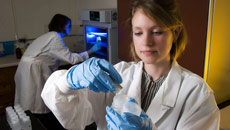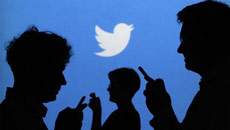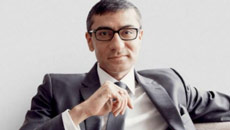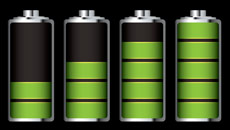On July 20, 1969, Apollo 11 astronauts Neil Armstrong and Buzz Aldrin became the first humans to set foot on the moon.
Forty-five years later, NASA will celebrate Monday the giant leap by honouring Armstrong, who died in 2012, with a renaming ceremony of the historic “operations and checkout building” at Cape Canaveral in Florida, the launch site.
Both Aldrin and Michael Collins, the Apollo 11 command module pilot who orbited the moon, will be there.
“It was 45 years ago that Neil Armstrong took the small step onto the surface of the moon that changed the course of history. The years that followed saw a space age of scientific, technological and human research on which we have built the modern era,” NASA said in a statement.
The Apollo missions blazed a path for human exploration to the moon and today, we are extending that path to near-Earth asteroids, Mars and beyond, it added.
To send humans to deep space, NASA engineers are developing a new space transportation capability destined to travel far beyond Earth.
The Orion spacecraft and Space Launch System (SLS) heavy-lift rocket will be the most advanced space vehicles ever built.
“Around 2019, we will launch a robotic mission to rendezvous with a near-Earth asteroid. The spacecraft will either capture an asteroid or retrieve a boulder off of a much larger asteroid and then redirect the asteroid mass to a stable orbit around the moon,” the US apace agency said.
In the mid 2020s, astronauts aboard the Orion spacecraft, launched by SLS, will explore that asteroid and return to Earth with samples.
In December 2014, NASA is set to conduct the first test flight of Orion.
In 2015, the “New Horizons” mission will fly by Pluto and see the icy world up close for the first time.
“In 2020, we will send a new rover to Mars, to follow in the footsteps of Curiosity, search for evidence of life and pave the way for future human explorers,” NASA announced.






